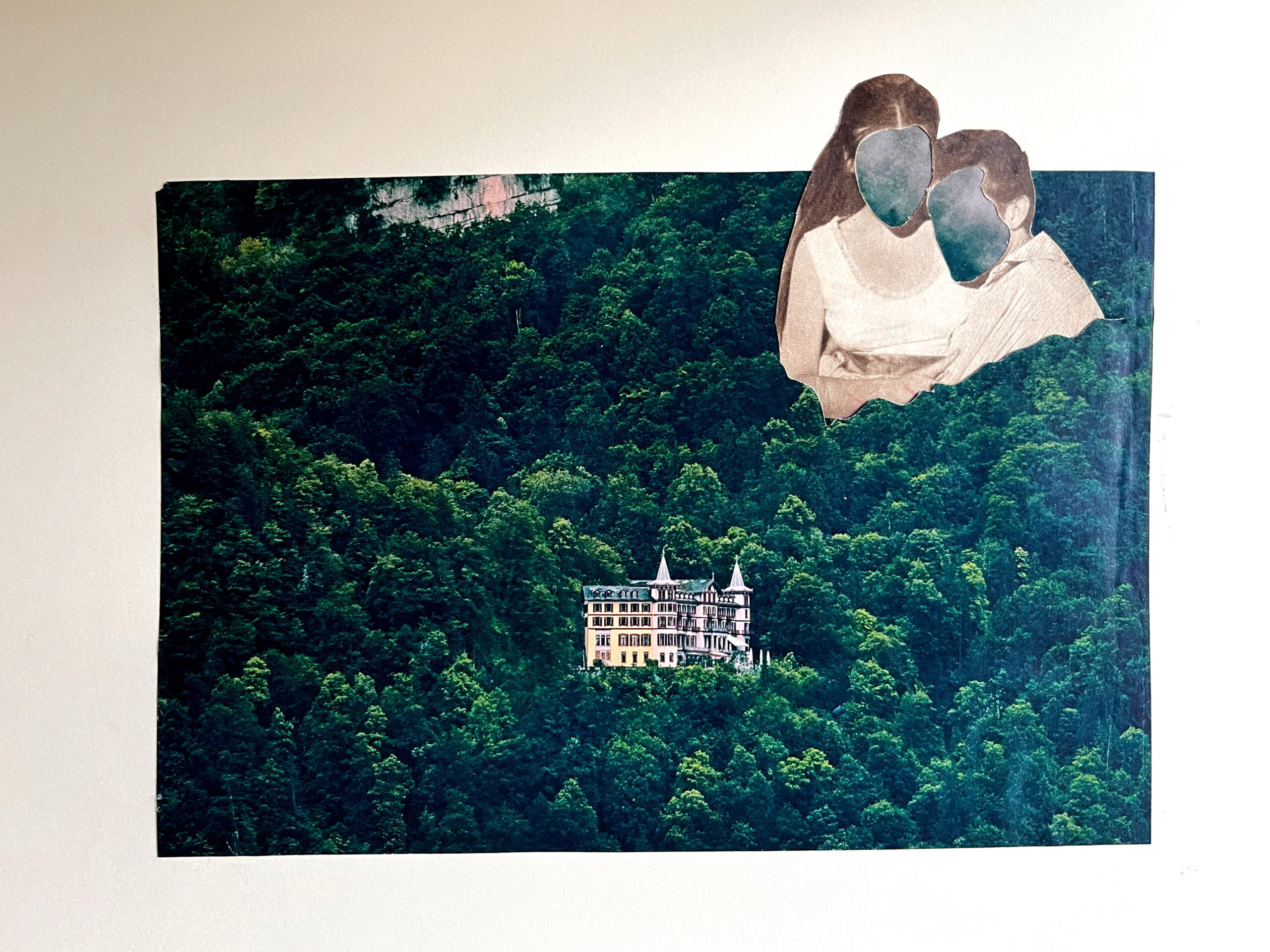Over the last week, I watched Sherwood (2022), finished a podcast I Was Never There (2022), and went to the cinema to watch a new release, The Good Boss (2021).
One of the things I missed most during the pandemic are office chats about what people watched the previous night or read over the weekend. Thankfully now, back at work a few times a week, I was able to hear about this “‘OMG so good’ British series Sherwood (⭐️⭐️⭐️⭐️⭐️). I shamelessly binge-watched it last week on iPlayer. It is a true crime drama set in Nottinghamshire on the border of Sherwood Forest. It follows a homicide investigation of two horrific murders that happened there in 2004. One of the victims is Gary Jackson, a member of the National Union of Mineworkers (NUM), who is killed with a crossbow. The killer on the run torments the community and it is believed that the murder is linked to the mining strikes in the early 1980s. The manhunt that follows is the biggest in UK history and it shatters an already fractured community that never recovered from the divisive events of those strikes. I think David Morrisey was fantastic as Ian St Clair, the investigating officer that is very mindful of the village’s past. He was a young police officer when the shocking events took place.
This series goes much deeper than most murder investigation dramas. It slowly unravels the history that, some would argue, shaped this country. When the mining strikes started, Margaret Thatcher sent policemen from across the country to fight the miners who were clashing with ‘scabs’ (miners who broke the strikes). But it was the first time I heard that these policemen’s work went beyond the picket lines, and more importantly, they were sent there to divide those communities. Divide and conquer, a strategy so effective then, rings true to this day and is prevalent across the globe.
There is a line in the series that stuck with me and I rewatched this scene a few times.
“God, we’re an old country (…) so much past. This means, unfortunately, quite a lot of mistakes. But it’s not the getting things wrong that’s the problem. It’s this sweeping under the carpet of it all and refusing just bloody look at it and learn from it.”
In all honesty, I thought it was a terrific watch. I agree with many, that it’s probably one of the best British series produced in a long time. It is very well structured, compelling, and thought-provoking and I hope no one would dare to spoil it with a second season.
Not as compelling but probably equally violent was The Good Boss (⭐️⭐️⭐️), a dark comedy, which I went to see last Sunday at Curzon Aldgate. It’s a corporate satire written and directed by Fernando León de Aranoa starring Javier Bardem. He plays a successful owner of a factory making weighing scales, Julio Blanco. Things are starting to go bad for Blanco when one of his employees, after a dismissal he claims is unfair, sets a protest camp outside the factory. Because it diminishes Blanco’s chances of winning an industry equivalent of an Oscar, he will go to any lengths to get rid of him.
I must admit, I enjoyed a well-plotted story, which despite being a bit too long, ties nicely with a satisfying ending. I found Bianco’s daily conversations with the factory’s security guard extremely entertaining, but I’m not sure if the film itself would be of notice, if it wasn’t for Bardem’s screen-dominating performance.
Watching it brought to mind another film that deals with workplace dynamics, not a comedy this time, but a much better movie as a whole. Two Days One Night (⭐️⭐️⭐️⭐️), which I watched back in 2014 at the Picturehouse in Hackney, was written and directed by the Dardenne brothers, a Belgian filmmaking duo. It follows a story of a young woman, played by a magnificent Marion Cotillard, who after a leave of absence tries to get back to work only to find out her colleagues were offered a bonus if they voted for her redundancy. Over the weekend she takes almost heroic actions trying to convince each of them to vote for her to stay. It is a thrilling, nail-biting, small-scale cinema that is worth for me to revisit.
Last week, I have also finished I Was Never There (⭐️⭐️⭐️), a new podcast produced by Jamie Zelermyer and her mother Karen, made in collaboration with Wonder Media Network. They try to investigate the disappearance of their close friend, Marsha “Mudd” Ferber, which happened over thirty years ago. Marsha by many has been remembered as a fun-loving and gregarious person who helped built a beautiful community amidst the “Back to the Land” movement in West Virginia in the 1970s around her. But one day in 1988 she disappeared without a trace. As the closest to her are trying to find out what happened, they uncover the truth about Marsha they didn’t expect. A woman who was a soul sister and a mother figure to many turned out to be involved in a much darker world.
If you think about this podcast as a criminal investigation, you might be disappointed. But as a story about an incredible, pot-smoking, rock-and-roll-loving entrepreneur who broke all social conventions of the time and cleared a path for many women, this podcast is truly worth your while.
